Fare dodging: London's transport blight
Tory critics say Mayor Sadiq Khan is 'in denial' about the scale of the problem
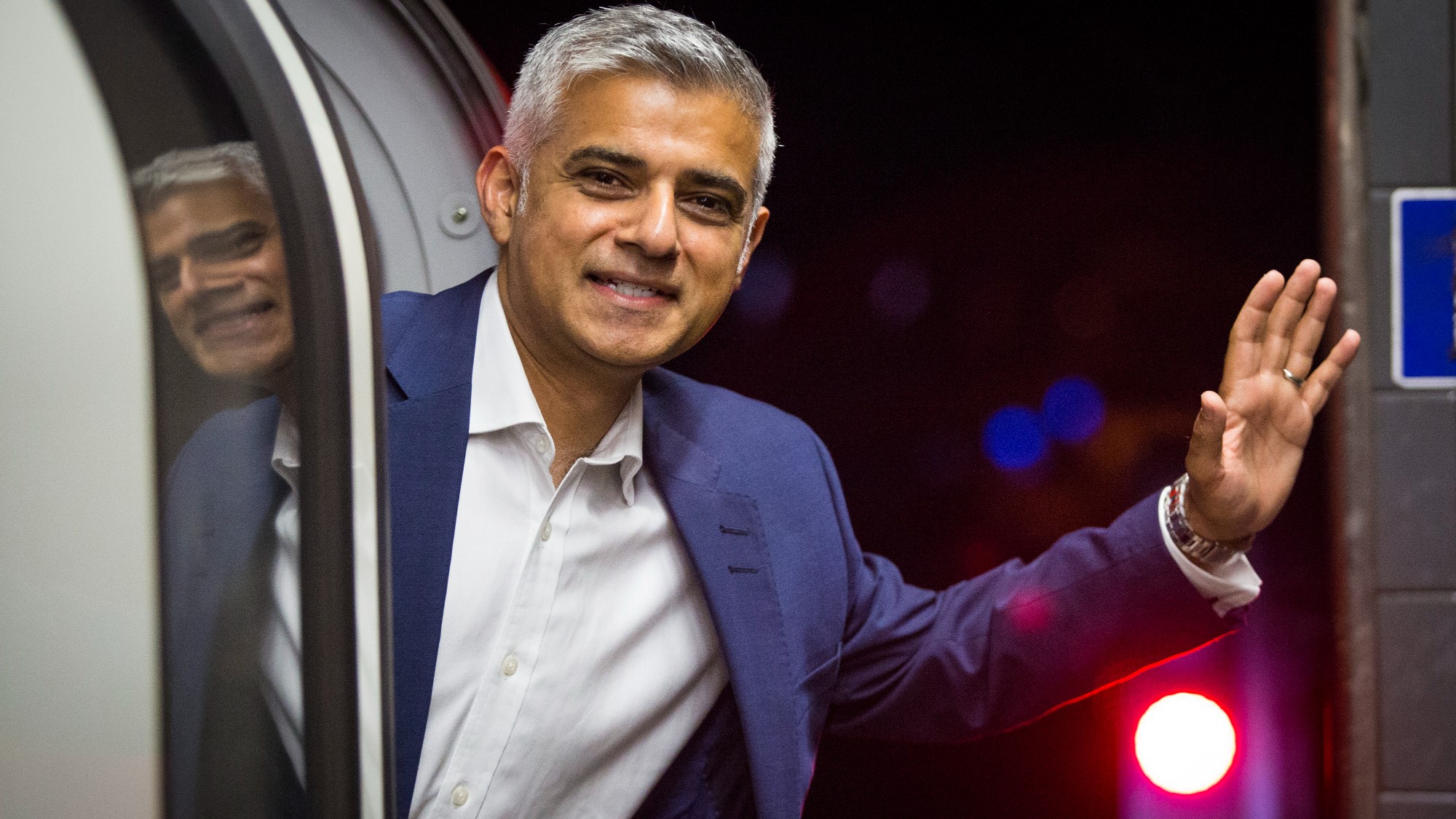
A free daily email with the biggest news stories of the day – and the best features from TheWeek.com
You are now subscribed
Your newsletter sign-up was successful
Increased penalty fines for fare dodging are working as an "effective deterrent", according to the London mayor.
However, Tories on the London Assembly said Sadiq Khan and his team are "in denial" about "the scale of the issue", despite them putting up fines for not paying to travel on Transport for London services from £80 to £100 last year.
More than double TFL target
Between April 2023 and March 2024, fare evasion across the TfL network stood at an estimated 3.8% of all journeys, said the mayor. The rate came down to 3.4% in the months following the penalty increase.
The Week
Escape your echo chamber. Get the facts behind the news, plus analysis from multiple perspectives.

Sign up for The Week's Free Newsletters
From our morning news briefing to a weekly Good News Newsletter, get the best of The Week delivered directly to your inbox.
From our morning news briefing to a weekly Good News Newsletter, get the best of The Week delivered directly to your inbox.
But the mayor's critics point out that fare evasion across the network is still "more than double" TfL's target of below 1.5%, said Southwark News, and some Londoners are losing patience with fare evaders.
If you wait by the barriers at "literally any" Tube station at rush hour in London, said James Hanson in The Spectator, "within 60 seconds" you're "likely" to see at least half a dozen young men "barge their way through the barriers without a care in the world". No one is "shocked" and the "hapless high-viz clad" TfL staff are "powerless to stop" the offenders.
Not just an economic decision
A study of Santiago’s public transport found that fare dodgers could be categorised into four groups: those who view non-payment as a form of protest, those who evade fares when they believe the risk of being caught is low, accidental evaders and ambivalent evaders who sometimes pay but don't always see the point of it.
A "surprising insight" from research is that fare evasion isn't only an economic decision, but "a social one, too", said The Independent. When passengers "perceive the system as unfair" due to unreliable service, high fares or a lack of investment, then fare evasion rises.
A free daily email with the biggest news stories of the day – and the best features from TheWeek.com
Studies have also found that when fare dodging behaviour is normalised within a city or demographic, it "spreads like contagion".
Meanwhile, when a trial in Queensland reduced fares to just 50 cents (about 25p), the Australian state’s early data showed a 27% drop in fare evasion fines, which suggests that cheaper public transport "could reduce fare evasion".
That data "aligns" with the idea that fare evasion is, "at least partially", a "rational economic decision", and when the price is lower, the "incentive to evade diminishes" – but does not "completely disappear".
Is greater surveillance the answer?
C2C, a London commuter train service that serves Essex, is "fighting back", said London's The Standard. By boosting the number of revenue protection officers and using more than 2,000 CCTV cameras, it issued more than 8,000 fines and recovered more than £470,000 in 2024. Some long-term evaders were ordered to repay nearly £10,000.
Tories on the London Assembly said the mayor's team will only be able to make serious progress in tackling fare dodging on TfL with support from police officers. Hanson, in The Spectator, supports this idea, suggesting that two police officers are "stationed by the barriers at every major tube station in the capital".
Chas Newkey-Burden has been part of The Week Digital team for more than a decade and a journalist for 25 years, starting out on the irreverent football weekly 90 Minutes, before moving to lifestyle magazines Loaded and Attitude. He was a columnist for The Big Issue and landed a world exclusive with David Beckham that became the weekly magazine’s bestselling issue. He now writes regularly for The Guardian, The Telegraph, The Independent, Metro, FourFourTwo and the i new site. He is also the author of a number of non-fiction books.
-
 Political cartoons for February 15
Political cartoons for February 15Cartoons Sunday's political cartoons include political ventriloquism, Europe in the middle, and more
-
 The broken water companies failing England and Wales
The broken water companies failing England and WalesExplainer With rising bills, deteriorating river health and a lack of investment, regulators face an uphill battle to stabilise the industry
-
 A thrilling foodie city in northern Japan
A thrilling foodie city in northern JapanThe Week Recommends The food scene here is ‘unspoilt’ and ‘fun’
-
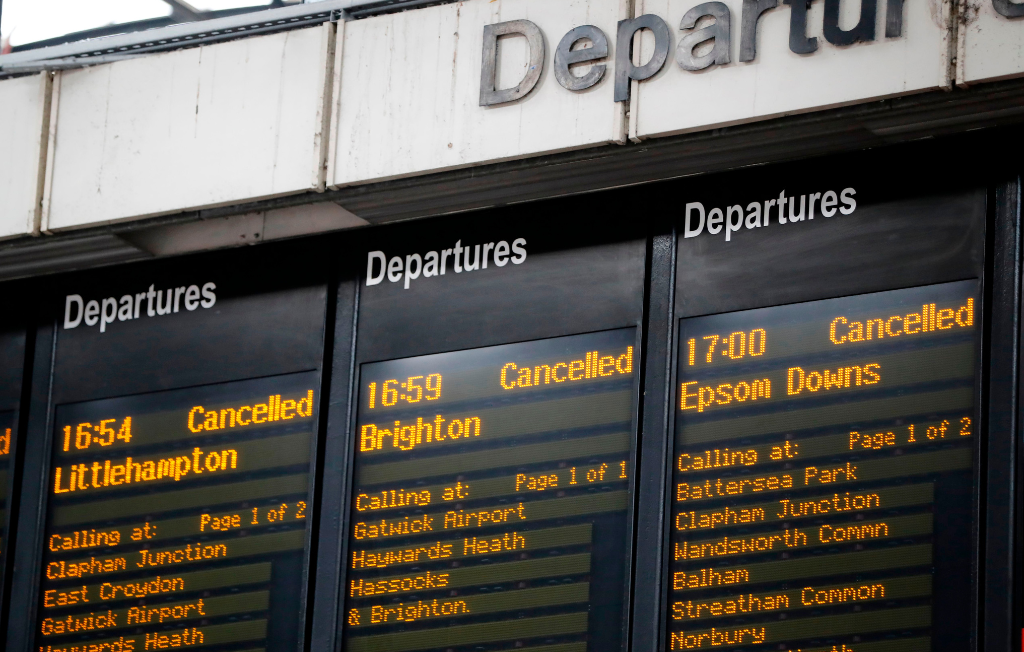 Which lines are affected by this week’s rail strikes?
Which lines are affected by this week’s rail strikes?feature Travel chaos ‘far from over’ as thousands of train staff walk out
-
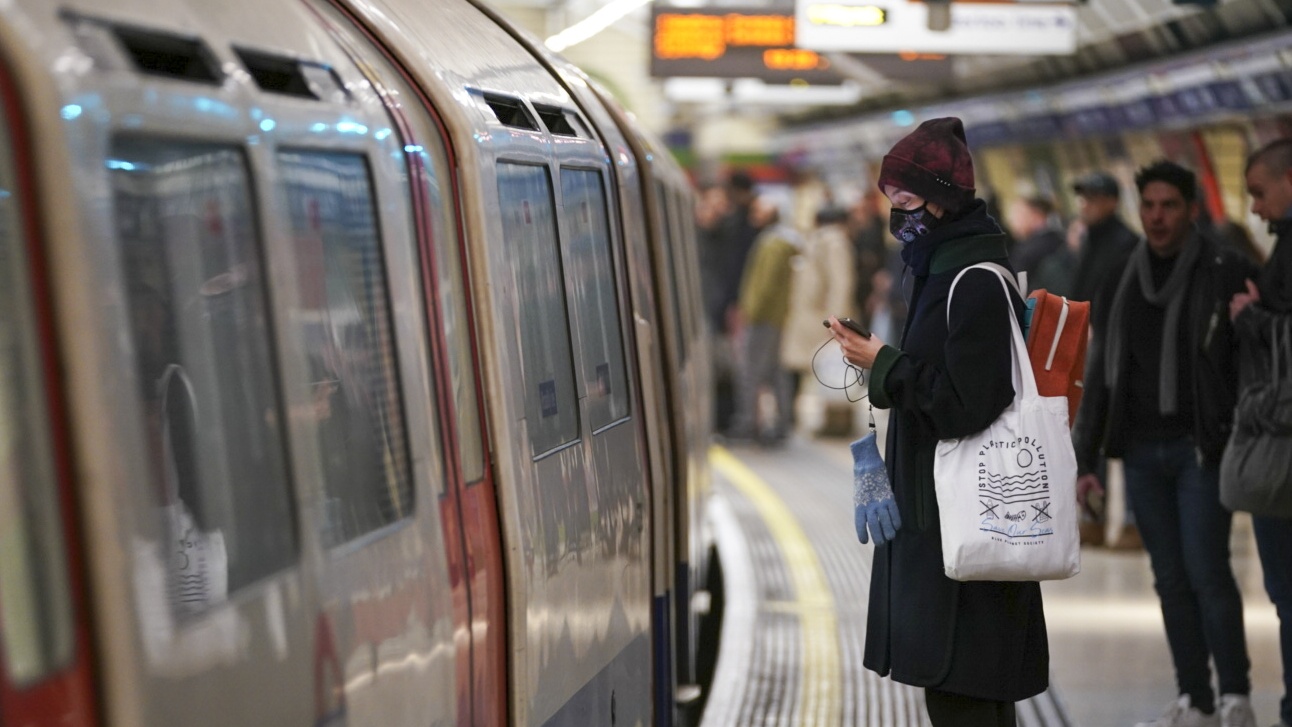 Will Transport for London’s financial ‘black hole’ lead to Tube closures?
Will Transport for London’s financial ‘black hole’ lead to Tube closures?Today's Big Question A lack of funding could see services and safety repair works put on hold
-
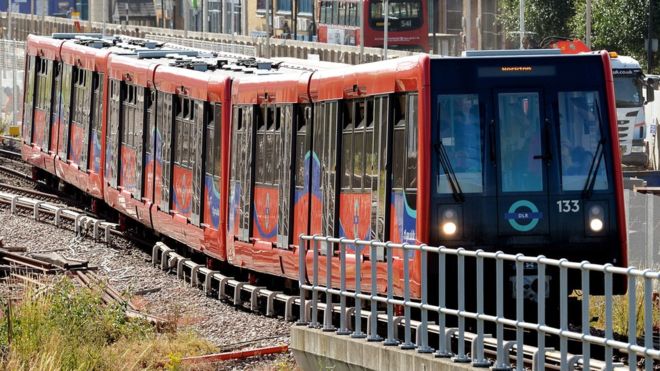 DLR strike called off on London Marathon weekend
DLR strike called off on London Marathon weekendIn Depth Planned four-day industrial action is suspended after ‘significant progress’ in talks
-
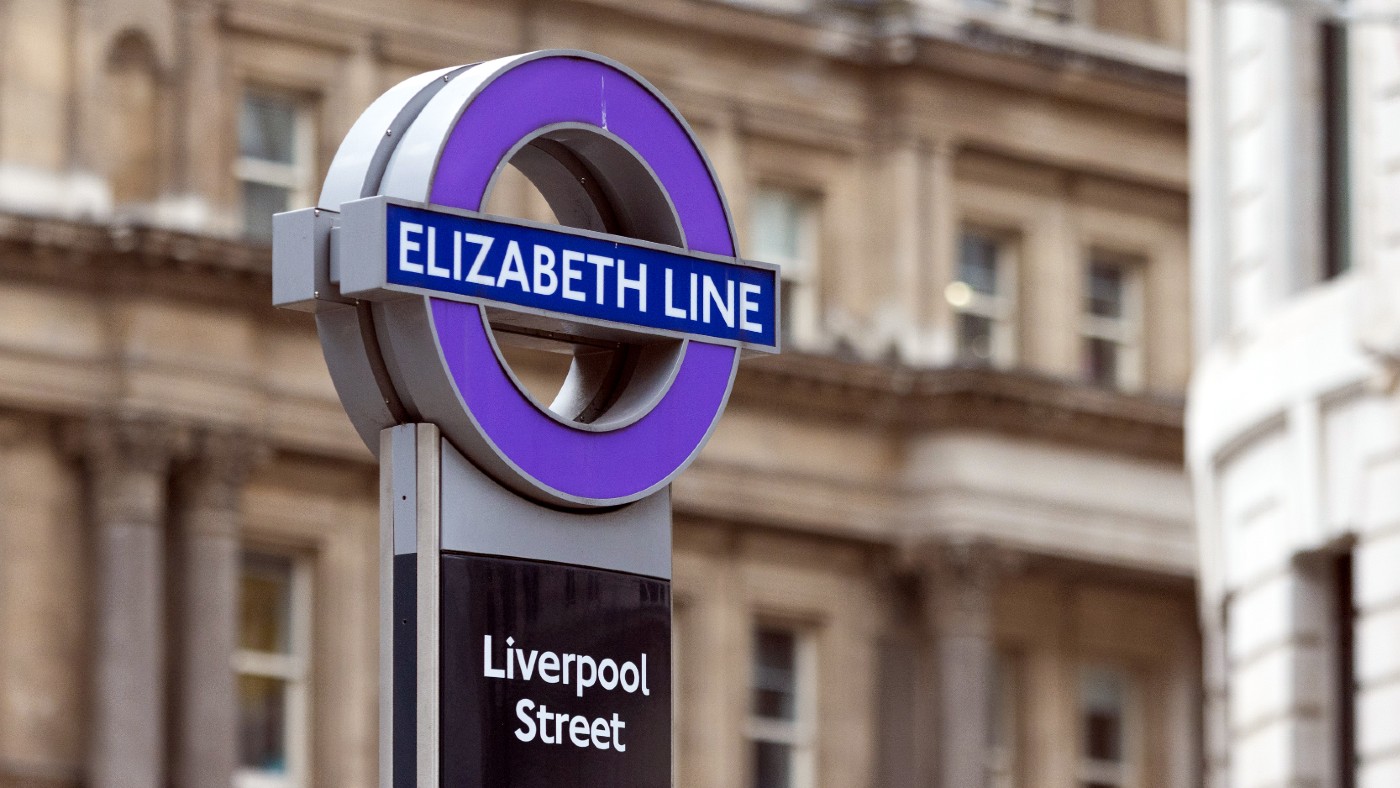 Crossrail: when will the Elizabeth line open and what is the route?
Crossrail: when will the Elizabeth line open and what is the route?feature The Queen makes a surprise visit to Paddington Station to open new line
-
Sadiq Khan's takeover plan for London rail
Speed Read Mayor calls for private train companies to hand over control to Transport for London
-
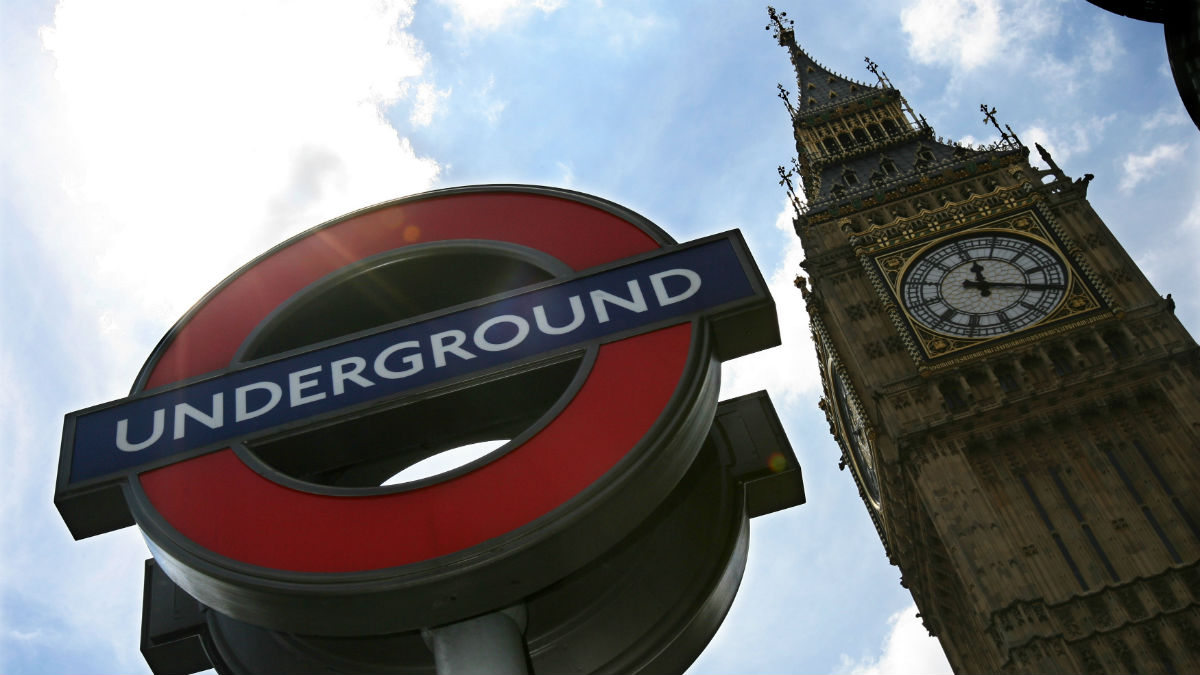 How Sadiq Khan's London travel fare freeze will work
How Sadiq Khan's London travel fare freeze will workSpeed Read New Mayor under fire for breaking his election pledge to travelcard-holders
-
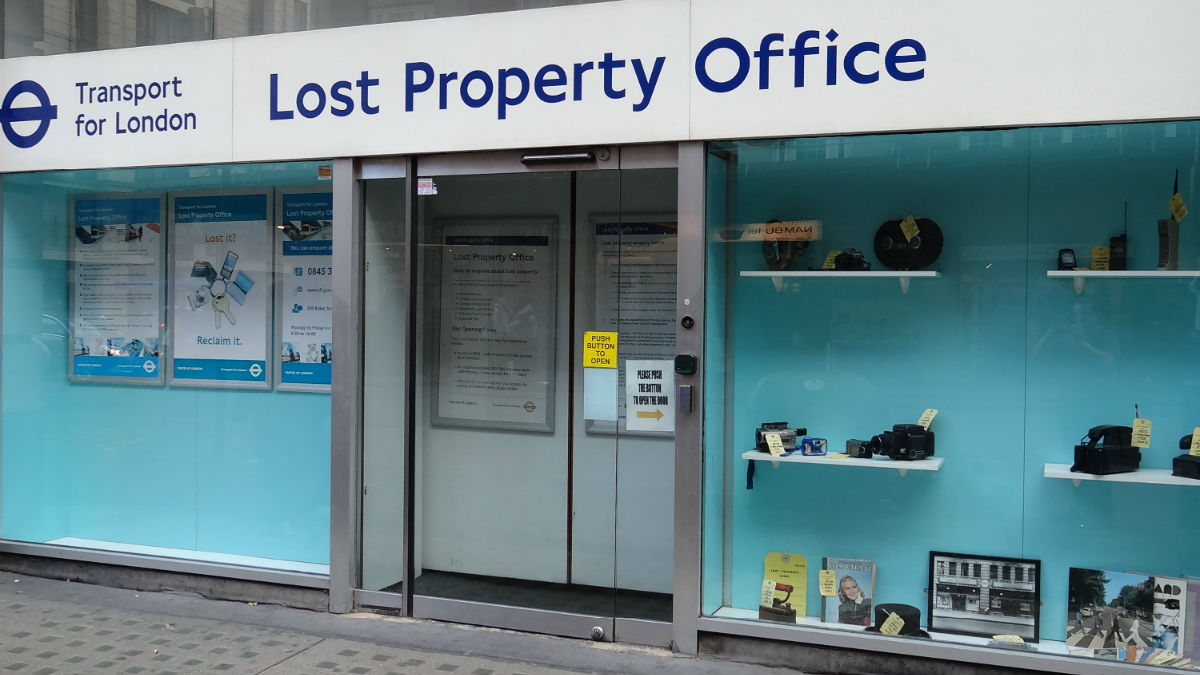 Five strangest things left on the Tube, trains and buses in London
Five strangest things left on the Tube, trains and buses in LondonSpeed Read Urns of ashes, drum kits and a judge's wig among the 300,000 items handed in to lost property lost year
-
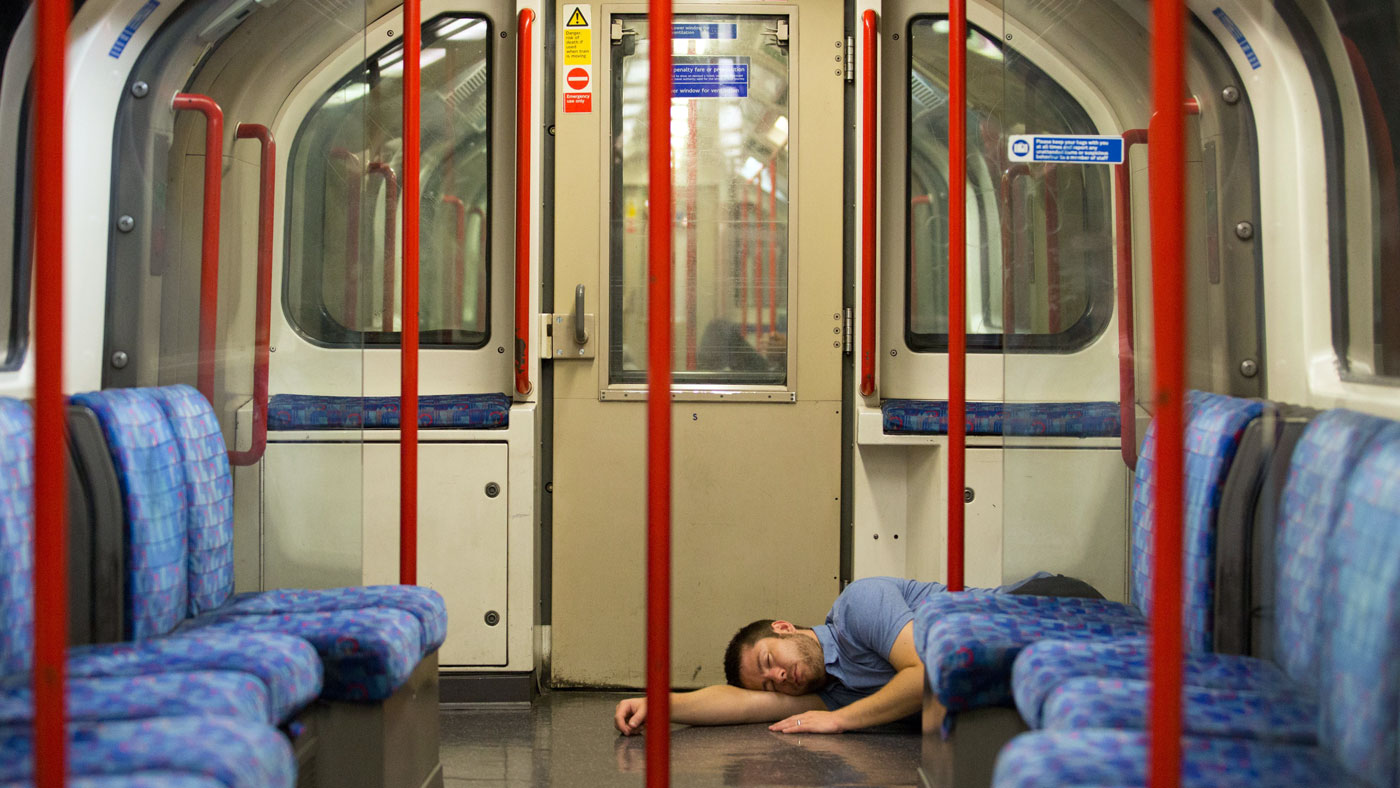 London Overground to join Night Tube network
London Overground to join Night Tube networkSpeed Read 24-hour weekend service between New Cross Gate and Dalston Junction to launch on 15 December